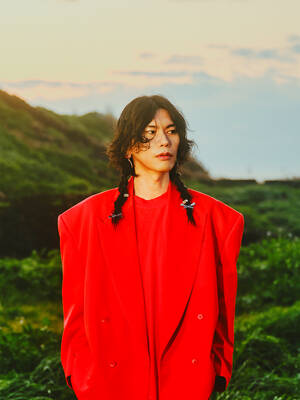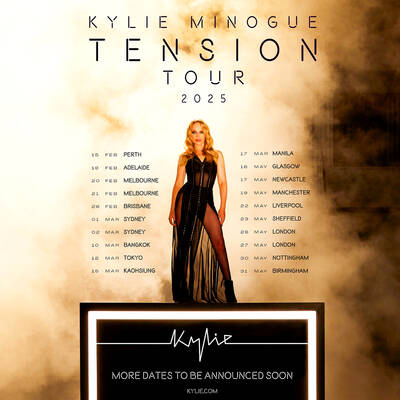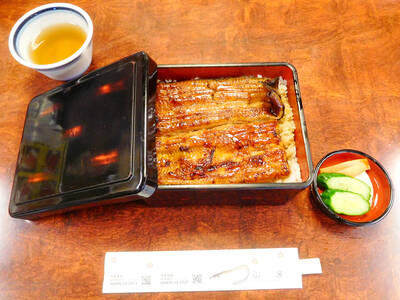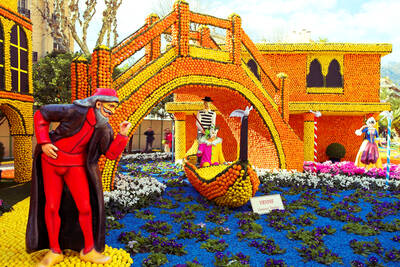對話 Dialogue
清清:又到元宵節了,你去看燈會了嗎?
Qīngqing: Yòu dào Yuánxiāo jié le, nǐ qù kàn dēnghuì le ma?

Photo courtesy of Wikimedia Commons 照片:Wikimedia Commons提供
華華:今年台灣燈會在桃園舉辦,週末我坐捷運去的,地方好大,走得後來都鐵腿了!你呢?打算怎麼慶祝?
Huáhua: Jīnnián Táiwān dēnghuì zài Táoyuán jǔbàn, zhōumò wǒ zuò jiéyùn qù de, dìfāng hǎo dà, zǒu de hòulái dōu tiětuǐ le! Nǐ ne? Dǎsuàn zěnme qìngzhù?
清清:其實我很懷念小時候那種在大廟口的元宵節活動,有漂亮的花燈,還有猜燈謎,我最喜歡猜燈謎了!
Qīngqing: Qíshí wǒ hěn huáiniàn xiǎoshíhòu nà zhǒng zài dàmiàokǒu de Yuánxiāo jié huódòng, yǒu piàoliàng de huādēng, háiyǒu cāi dēngmí, wǒ zuì xǐhuān cāi dēngmí le!
華華:那我問你一個好了,「七十二小時」,猜一個字。
Huáhua: Nà wǒ wèn nǐ yí ge hǎole, “Qīshí’èr xiǎoshí.”, cāi yí ge zì.
清清:七十二小時,就是三日,不就是亮晶晶的「晶」嗎?這也太小兒科了吧?
Qīngqing: Qīshí’èr xiǎoshí, jiùshì sān rì, bú jiùshì liàngjīngjīng de “jīng” ma? Zhè yě tài xiǎo’érkē le ba?
華華:沒想到你這麼聰明,居然能秒回!
Huáhua: Méi xiǎngdào nǐ zhème cōngmíng, jūrán néng miǎohuí!
清清:傳統的燈謎背後都是中文的趣味和智慧,能想出那麼妙的題目的人,才真聰明呢!
Qīngqing: Chuántǒng de dēngmí bèihòu dōu shì Zhōngwén de qùwèi hé zhìhuì, néng xiǎngchū nàme miào de tímù de rén, cái zhēn cōngmíng ne!
華華:我同意。不過,晚點我要先去買湯圓,準備明天過元宵節。年節吃什麼,對我來說,永遠是排第一的!
Huáhua: Wǒ tóngyì. Búguò, wǎndiǎn wǒ yào xiān qù mǎi tāngyuán, zhǔnbèi míngtiān guò Yuánxiāo jié. Nián jié chī shénme, duì wǒ lái shuō, yǒngyuǎn shì pái dì yī de!
翻譯 Translation
Qingqing: It’s Lantern Festival again. Did you go to see the lantern displays?
Huahua: This year’s Taiwan Lantern Festival is in Taoyuan. I went over the weekend and got sore legs! What about you?
Qingqing: I really miss the kind of Lantern Festival activities we had as kids at the big temples. There were beautiful lanterns and riddle-guessing games. I loved solving riddles the most!
Huahua: Then let me give you one: “72 hours” — guess the word.
Qingqing: 72 hours is three days, which should be “jing” (sparkling). That’s way too easy!*
Huahua: I didn’t expect you to figure it out so quickly. You’re really smart!
Qingqing: The traditional lantern riddles are full of the charm and wit of the Chinese language. The people who come up with such clever riddles are the truly smart ones!
Huahua: I agree. But I need to buy some tangyuan to prepare for tomorrow’s Lantern Festival. Festive food always comes first!
* The character “jing” (晶,sparkling) contains three “ri” (日,day).
生詞 Vocabulary
1. 元宵節 (Yuánxiāo jié) Lantern Festival
2. 燈會 (dēnghuì) lantern displays
3. 鐵腿 (tiětuǐ) [Taiwanese slang] legs feel like lead, sore legs
4. 廟口 (miàokǒu) temple entrance, temple square
5. 花燈 (huādēng) lantern, decorative lantern
6. 猜燈謎 (cāidēngmí) guessing lantern riddles
7. 亮晶晶 (liàngjīngjīng) sparkling, shiny
8. 小兒科 (xiǎo’érkē) literally “pediatrics;” [slang] child’s play a piece of cake
教材音檔 Audio Files
國立清華大學華語中心提供
By National Tsing Hua University Chinese Language Center:

A: It’s a pity that I can’t go to Australian pop diva Kylie Minogue’s concert. B: Why not? A: Hit Japanese singer Kenshi Yonezu is staging two shows at the Taipei Arena this weekend, and I already bought tickets long ago. B: Wow, isn’t he one of the most popular Japanese singers in recent years? A: And Yonezu’s megahit “Lemon” topped the Billboard Japan Hot 100’s year-end chart in 2018 and 2019 consecutively. A: 我不能去澳洲歌后凱莉米諾的演唱會真可惜。 B: 為什麼? A: 日本人氣歌手米津玄師週末將在小巨蛋熱唱兩場,我早早就買票啦。 B: 哇他可是日本近年來最紅的歌手之一。 A: 米津的神曲《Lemon》甚至還在2018、2019年連續稱霸告示牌日本單曲榜年度冠軍! (By Eddy Chang, Taipei Times/台北時報張迪)

A: Australian pop diva Kylie Minogue is set to visit Taiwan for the third time on Saturday. B: I remember that her Taipei concerts in 2008 and 2011 caused a sensation, and I love her megahit “Can’t Get You Out of My Head.” A: This will be her first time performing in the southern city of Kaohsiung. B: Many music critics praise Kylie’s show as “a must-see in your lifetime.” A: Let’s go to Kaohsiung this weekend. A: 澳洲歌后凱莉米諾週六即將三度訪台。 B: 她曾在2008、2011年兩度在台北開唱都造成大轟動,我超愛她的神曲《Can’t Get You Out of My Head》。 A: 這次可是她首度唱進南台灣的高雄呢。 B: 許多樂評家說她的演唱會是「此生必看」! A: 那我們週末去高雄吧。 (By Eddy Chang, Taipei Times/台北時報張迪)

Donburi, often simply called don, is a beloved Japanese dish that consists of a bowl of steamed rice topped with various other ingredients. The word donburi itself actually means “bowl” in Japanese, but it has come to represent much more than just a vessel. Donburi first emerged during the Edo period (1603–1867) as a quick and convenient meal for busy city dwellers. By the 19th century, donburi had become immensely popular among theater enthusiasts, who often purchased these portable meals to enjoy during long performances. Una-don, a donburi topped with grilled eel, was a particular favorite. Easy-to-carry and satisfying,

The Lemon Festival is a fun annual celebration in Menton, France. This festival began in 1934 and honors the region’s exceptional lemons. __1__ in February during the lemon season, the festival features beautiful floats and sculptures covered with dazzling lemons and oranges. These citrus creations are on display in the bright sunshine throughout the day, while at night, they are lit up and turn the town into a __2__ spectacle. The festival’s origins can be traced back to the late 19th century, when Menton was a major lemon producer. __3__, hotels would decorate their spaces with lemons and oranges